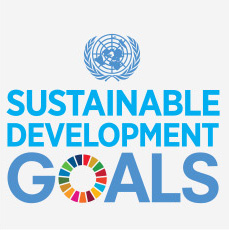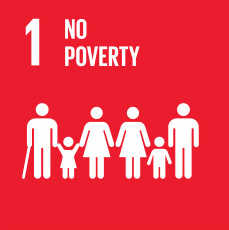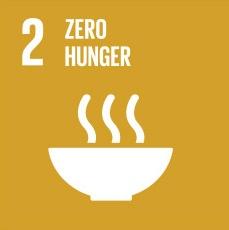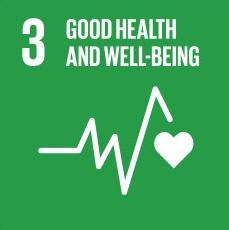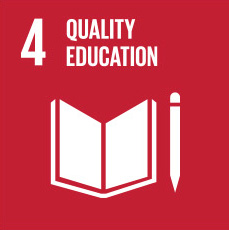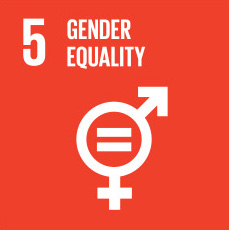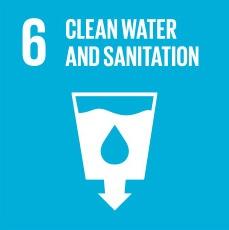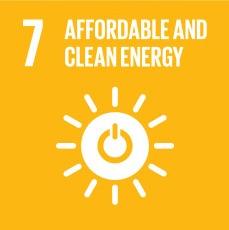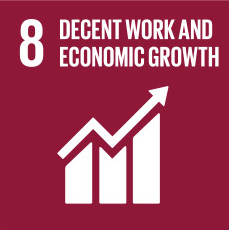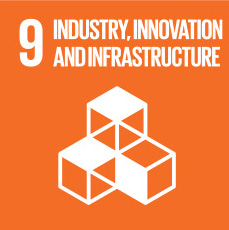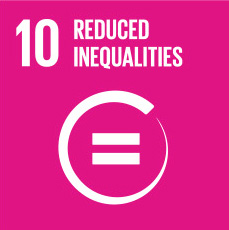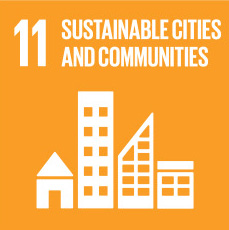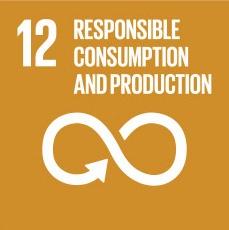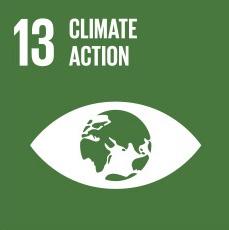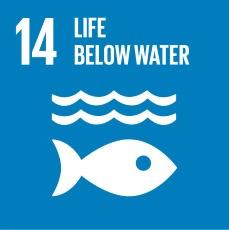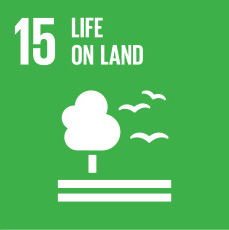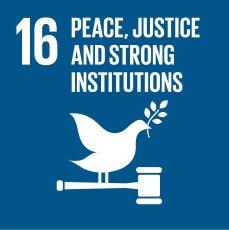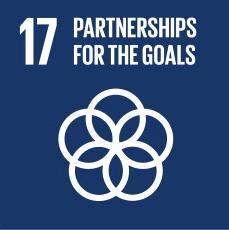Namibia Institute for Democracy (NID)
The Namibia Institute for Democracy (NID) was established in 1991 in the belief that through the sharing of information and knowledge, the democratic landscape of Namibia could be strengthened. The institution which aligns with Section 21 of the Companies Act of 2008, is an implementer of community development, civic education, socio-politics, voter education, gender mainstreaming, anti-corruption and political leadership training initiatives and research in Namibia. Loyal to the Constitution of the Republic of Namibia, the NID capacitates decision makers, party liaisons, civil society organizations, law enforcement agencies and traditional authorities on the need to protect the Constitution and the Human Rights instruments Namibia has signed to and reifies both locally and internationally. In being a member of the Access to Information Coalition (ACTION) and a founding member of the Civil Society Information Centre Namibia (CIVIC +264), the NID in its 32 years of operation has created and enabled longstanding partnerships with a wide range of development stakeholders, fostering functional synergies and sustainability.
Areas of expertise include:
Project design and implementation in Namibia for international and local development and non-governmental organisations that conduct programmes in Namibia. Services include project design and planning, recruitment and staffing, government liaison, training and technical assistance, project coordination, administrative and financial control, reporting, monitoring and evaluation. Projects typically relate to civic education, multimedia campaigns, implementation of integrity systems and capacity building.
Conducting or facilitating research, surveys and studies on contemporary social and political issues in Namibia by in-house researchers or a wide network of academic experts at Namibia’s tertiary institutions and other research institutions in Namibia and abroad.
Providing capacity-building programmes for local organisations and public institutions. Such training and technical assistance includes organisational management skills, financial reporting and administration, project management, advocacy skills, workplace ethics/anti-corruption, public relations and communications strategies, website and intranet development, event management, development of media materials and labour issues.
Vision
The NID is loyal to the Constitution of the Republic of Namibia, the State and its institutions. The NID zealously guards its political neutrality and objectivity. The NID is committed to the well being of the citizens of the Republic of Namibia and the promotion of the Republic of Namibia as a democratic state.
Mission Statement
To promote and protect values and principles of multi-party democracy through education and nurture political tolerance and national reconciliation in Namibia.
Governance
The NID is registered according to Section 21 of the Companies Act (Act 61 of 1973) as an Association not for Gain. The NID is governed by a Board of Directors composed of representatives of different political persuasions, as well as the churches, civil society and the private sector. A full-time staff component conduct the institute’s programmes. From time to time, the NID appoints external short terms experts, project assistants or volunteers on a contract basis to assist with the facilitation of programmes. All employees are bound by the NID’s company manual, which contains a detailed set of policies guiding all decision-making and behaviour.
The NID has developed a highly specialised administrative system to comply with different requirements and expectations of a variety of donors, as well as requirements as stipulated by law according to the Companies Act.
The NID’s financial records are audited annually by auditing firm Grant Thornton Neuhaus. Audited financial statements since the NID’s inception are available.
